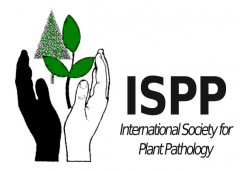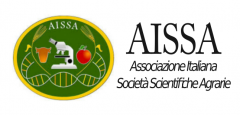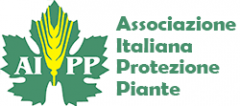STABILITY OF TETRACONAZOLERESISTANT ISOLATES OF CERCOSPORA BETICOLA AFTER EXPOSURE TO DIFFERENT TEMPERATURE AND TIME TREATMENTS
S. Arabiat, M.F.R. Khan, M. Bolton, G. Secor
doi: 10.4454/jpp.v99i1.3788
Abstract:
Cercospora leaf spot caused by Cercospora beticola is one of the most damaging foliar diseases of sugar beet. The sterol demethylation inhibitor (DMI) fungicide tetraconazole is widely-used to manage Cercospora leaf spot. However, there has been an increase in prevalence of tetraconzole-resistant isolates in recent years. Knowledge about the stability of tetraconazole resistance in tetraconzole-resistant isolates after exposure to cold temperatures in the absence of the selection pressure imposed by tetraconazole application would be important information for fungicide resistance management. To explore this, we inoculated sugar beet plants with two known tetraconazole-sensitive and two known tetraconazole-resistant isolates of C. beticola. Four weeks after inoculation, symptomatic leaves were harvested and subsequently exposed to six different temperature/time treatments: -20oC (4 weeks), 4oC (4 weeks), 20oC (4 weeks), -20oC (2 weeks)/4oC (2 weeks), -20oC (1 week)/4oC (1 week)/-20oC (1 week)/4oC (1 week), and -20oC (1 week)/20oC (1 week)/-20oC (1 week)/20oC (1 week). Subsequently, spore production, spore germination, radial mycelial growth, sensitivity to tetraconazole, and disease severity were evaluated for each isolate and compared to the control (the same fungal isolates used in the inoculation series and maintained on CV8 media). After exposure to all temperature/time treatments, all tested isolates were found stable for the parameters evaluated. However, the tetraconazole-resistant isolate 09-347 after exposure to -20oC and -20oC/4oC/-20oC/4oC treatments became 38.6 and 32.8 times more sensitive to tetraconazole, respectively. Taken together, cold temperatures do not appear to impart a significant fitness penalty in C. beticola.




